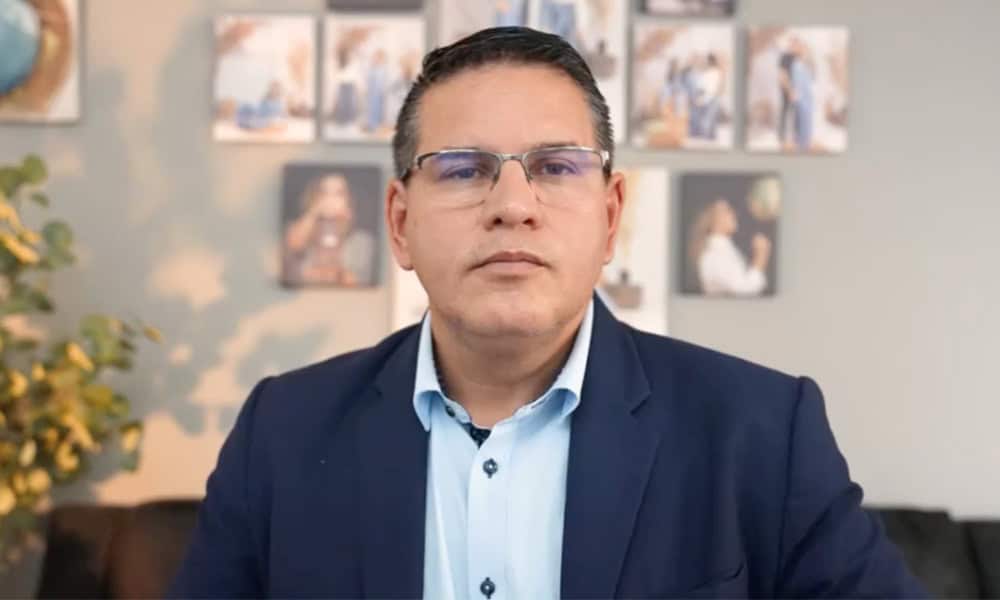Fabricio Alvarado, a sitting congressman and presidential hopeful for the New Republic Party, now contends with a formal complaint accusing him of sexually abusing a 13-year-old girl back in 2006. The claims surfaced in recent reports, pulling the evangelical leader into a legal storm just as his campaign gains traction in polls.
The accuser, who is now 32, detailed the incidents in a complaint lodged with the Public Prosecutor’s Office on February 18, 2025. She later added more information on August 7. According to her account, Alvarado, then 32 and working as a television journalist while singing in evangelical churches, led the worship group at her family’s church. He built a rapport with the pastor and joined the family for regular Sunday lunches, where the pastor’s six children, including the girl, were present.
She claims the abuse happened at least 10 times that year, often taking advantage of moments alone during these family gatherings or church activities. The complaint highlights how Alvarado allegedly used his position of trust within the congregation and the family to commit the acts, pointing to the girl’s age and vulnerability as key factors.
Under Costa Rica’s Penal Code, such offenses fall under articles 161 and 167, covering sexual abuse and aggravated corruption of a minor. Penalties range from three to eight years in prison, but they can extend to 10 years if the victim was under 15 or if elements like abuse of authority or trust come into play. Prosecutors have confirmed the case is under review, with the allegations treated in their aggravated form due to the trust dynamic.
Adding to the pressure, a second complaint has emerged, this one involving alleged sexual abuse against an adult. Details remain sparse, but local media outlets report that the Public Ministry is investigating both cases together. The Attorney General, Carlo Díaz, holds the next move. As a member of Congress, Alvarado benefits from legislative immunity, so Díaz must decide whether to push for its removal to allow a full probe.
Alvarado, who rose to prominence in the 2018 elections with his conservative stance on social issues, has pushed back hard against the accusations. In a video shared across his social media profiles, he called the claims false and part of a coordinated effort to derail his bid for the presidency. “I will prove my innocence,” he stated, adding that his legal team is crafting a defense to clear his name. He framed the situation as a “smear campaign” timed with his rising poll numbers, vowing to keep focusing on policy proposals rather than distractions.
The timing strikes close to home for Alvarado’s supporters, many drawn from evangelical communities where he built his early career. His party, New Republic, positions him as a defender of traditional values, but these allegations test that image. Critics have questioned why the complaints took years to surface, though experts note that delays in reporting sexual abuse cases are common due to trauma or fear.
As the 2026 elections approach, this development could reshape the race. Alvarado’s camp insists he remains committed to his platform, emphasizing economic reforms and family protections. Yet, public opinion appears divided, with some calling for him to step aside voluntarily while the investigation unfolds.
For now, the case rests with the authorities. If immunity lifts, a trial could follow, potentially sidelining one of Costa Rica’s more polarizing political figures.






